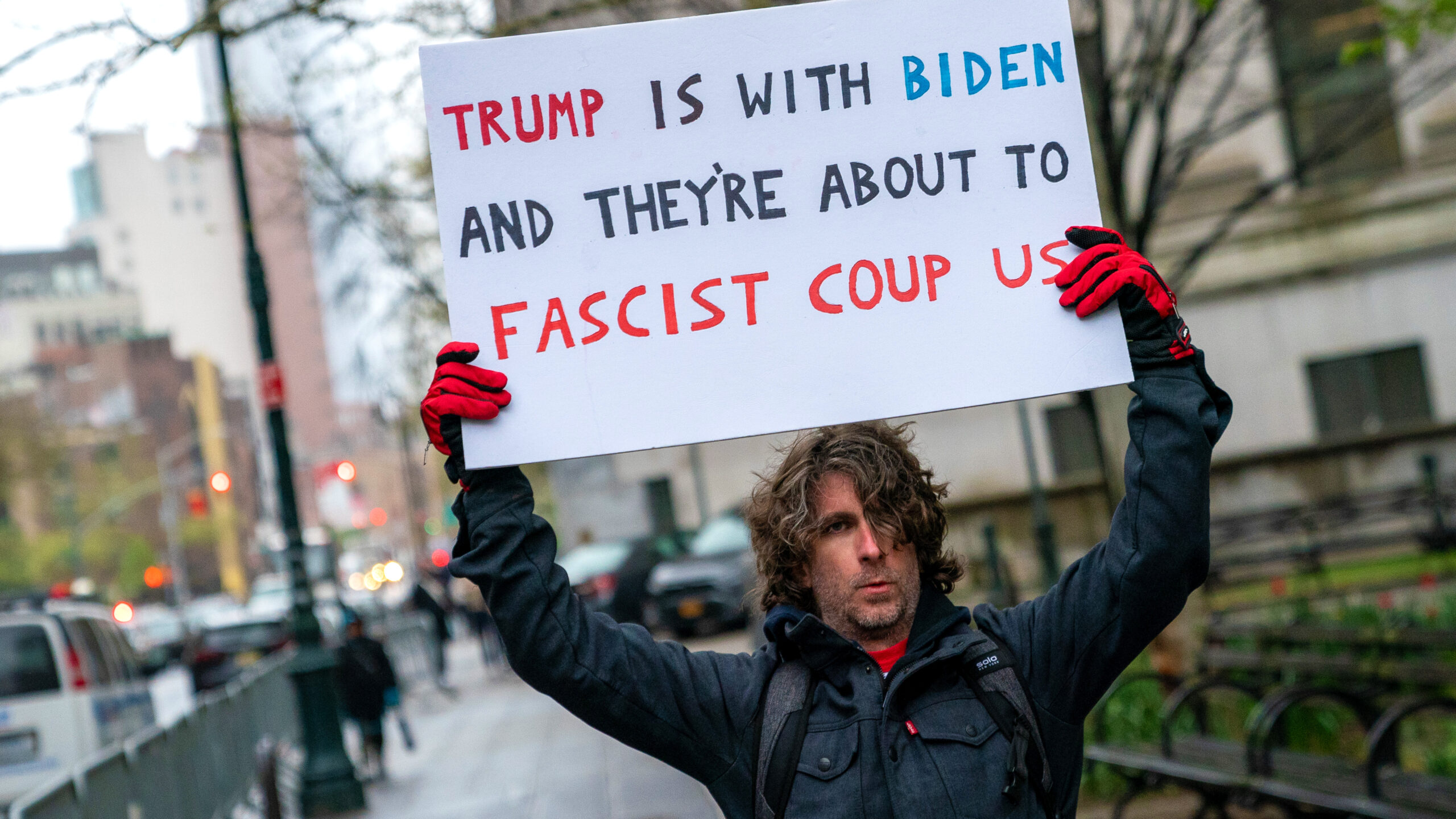Could Canadians Targeted By Trudeau Qualify For Political Asylum In The United States?

Canadian Prime Minister Justin Trudeau may have ended his flagrantly authoritarian Emergencies Act on Wednesday, but punishments of those who participated are ongoing. The world can’t afford to forget how horribly Canada treated its people this month — and what it says about the country’s status as an ostensibly free nation.
Like the United States, our northern neighbor welcomes thousands of people every year who seek refuge from political and other persecution. But Canada’s recent treatment of its own people makes the country look less like a Western beacon of freedom and more like the countries from which political refugees seek to escape.
After peaceful, freedom-loving Canadians filled the city of Ottawa to protest the country’s heavy-handed Covid mandates, Trudeau invoked Canada’s Emergencies Act in an unprecedented move to treat the protesters like domestic terrorists. At Trudeau’s direction, banks froze the accounts of protest organizers, leaving them unable to access their own money. Recall that when Russia executed a similar move against political dissident Alexei Navalny in 2020, no one in Western media questioned whether it was a tyrant’s move against a political dissident.
Canadian police tear-gassed protesters, confiscated fuel, and arrested people who tried to bring them food. Authorities threatened demonstrators with $100,000 fines and up to a year in prison merely for being on the Ambassador Bridge. The Ottawa police gleefully threatened to track down anyone involved and inflict “financial sanctions and criminal charges.”
If Canada continues to deny its citizens rights based merely on their political expressions, arresting dissidents and imposing economic hardships on them, we should expect to see a surge in lawsuits and appeals from targeted Canadians. If the government denies them proper legal recourse, Canadians who challenge the regime could soon have a legal argument for political asylum in the United States — an absurd possibility for a country that once stormed the beaches of Normandy alongside us.
What Qualifies for Political Asylum?
U.S. asylum law, by which immigration officials determine whether an applicant qualifies for asylum in the United States, breaks down the acceptable reasons for refugee status. One is the demonstration of political persecution. “To establish that the applicant is a refugee within the meaning of such section, the applicant must establish that … political opinion was or will be at least one central reason for persecuting the applicant,” reads the applicable U.S. code.
While the concept of “political opinion” is generally construed broadly, the less straightforward prong of the requirement is what it means to be “persecuted.” The Ninth Circuit noted that “The term ‘persecution’ is not defined by the Immigration and Nationality Act,” but “Our caselaw characterizes persecution as an extreme concept, marked by the infliction of suffering or harm … in a way regarded as offensive.”
Physical violence or torture usually demonstrate persecution. Threats, detention and confinement, discrimination or harassment, or “substantial economic deprivation that interferes with the applicant’s livelihood” may also rise to the level of persecution, depending on the specific facts of each case. Often, persecution is viewed cumulatively, rather than defined by one incident.
It often comes from actors outside the law, but it can also be from within the legal system. “The degree to which these individuals would have been found to have been persecuted is going to rely on their ability to seek recourse under the law,” explains Art Arthur of the Center for Immigration Studies. “Generally we don’t consider that to be persecution [if] there is legal recourse available to you.”
This Shouldn’t Even Be a Question
Time will tell whether the more than 100 people arrested in conjunction with the protests in Ottawa achieve a fair shake from Canada’s legal system. In the meantime, what’s ludicrous is the fact that the conversation even merits having.
“What it comes down to is, this is Canada, this is our closest ally. We shouldn’t even be in the situation where we need to consider whether Canada is violating the 1967 Protocol relating to the Status of Refugees,” Arthur noted. “It’s unconscionable in a parliamentary democracy we should even be considering this.”
“When you talk about the suspension of laws as relates to specific groups of people for their political opinions, not because of what they’ve done but because of what they think, we start to move down that line toward persecution,” he continued.
Americans watching over the past weeks have been justly horrified — but we shouldn’t assume similar crackdowns can’t happen here. We’ve already seen the Biden administration’s eagerness to paint parents at school board meetings, or Americans who question the ever-changing Covid narrative, as a domestic terror threat. We’ve also seen Nancy Pelosi’s politicized Jan. 6 probe go after people who never even set foot in the Capitol building that day.
So maybe the question of whether freedom-loving Canadians could earn refugee status in the United States is moot — our government might treat them the same way once they get here.
Or, of course, they could just illegally cross the U.S. Southern border and claim asylum. Before long, Biden might even offer them $450,000 each to do it.
Elle Reynolds is an assistant editor at The Federalist, and received her B.A. in government from Patrick Henry College with a minor in journalism. You can follow her work on Twitter at @_etreynolds.
" Conservative News Daily does not always share or support the views and opinions expressed here; they are just those of the writer."





